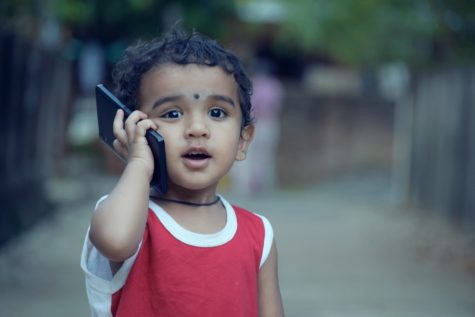BRIDGEWATER, Ma. — If you needed another reason to avoid giving your grade-school child a cell phone, take note: A new study finds that having a wireless device at an early age enables cyberbullying.
Researchers at Bridgewater State University in Massachusetts surveyed nearly 4,600 children between the third and fifth grades over a two-year time period, finding that 9.5 percent had been a victim of cyberbullying.

Those who owned a mobile phone, however, were significantly more likely to be cyberbullied.
“Parents often cite the benefits of giving their child a cell phone, but our research suggests that giving young children these devices may have unforeseen risks as well,” says researcher Dr. Elizabeth K. Englander in a press release.
Of the students surveyed, about half (49.6%) owned a cell phone, a figure that only increased as one advanced in age (~40% of third graders vs. ~60% of fifth graders).
Although third and fourth graders were more likely to be harassed over the web than fifth graders, any child who owned a cell phone was more susceptible to being cyberbullied than his or her peers.
The researchers believe that cyberbullying levels may increase among those who own wireless devices due to heightened levels of opportunity and vulnerability.
In other words, having free access to communication channels such as texting and social media leads to further interaction with peers online, both positive and negative, making it more likely for impressionable youth to internalize anything said about them.
If nothing else, the researchers hope that their findings will lead parents to seriously consider the ramifications of being constantly connected.
“At the very least, parents can engage in discussions and education with their child about the responsibilities inherent in owning a mobile device, and the general rules for communicating in the social sphere,” Dr. Englander concludes.
The study’s findings were presented at American Academy of Pediatrics National Conference & Exhibition in Chicago in mid-September.

Comments
Comments are closed.